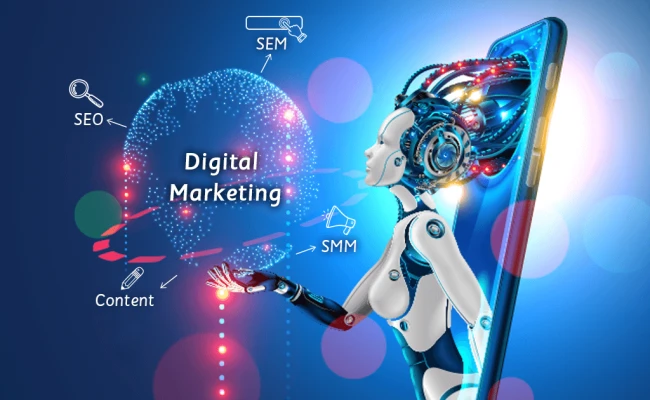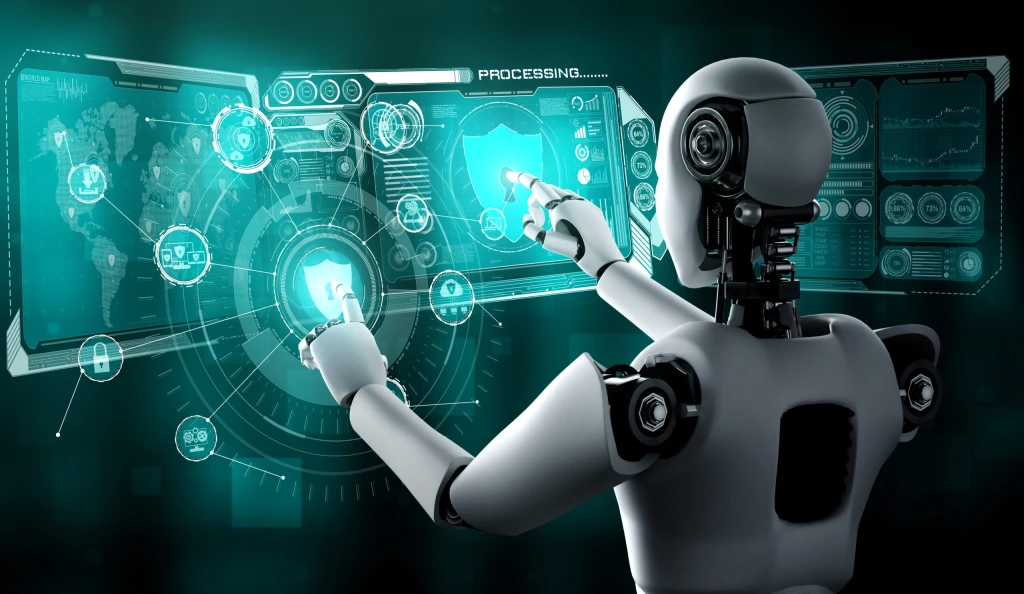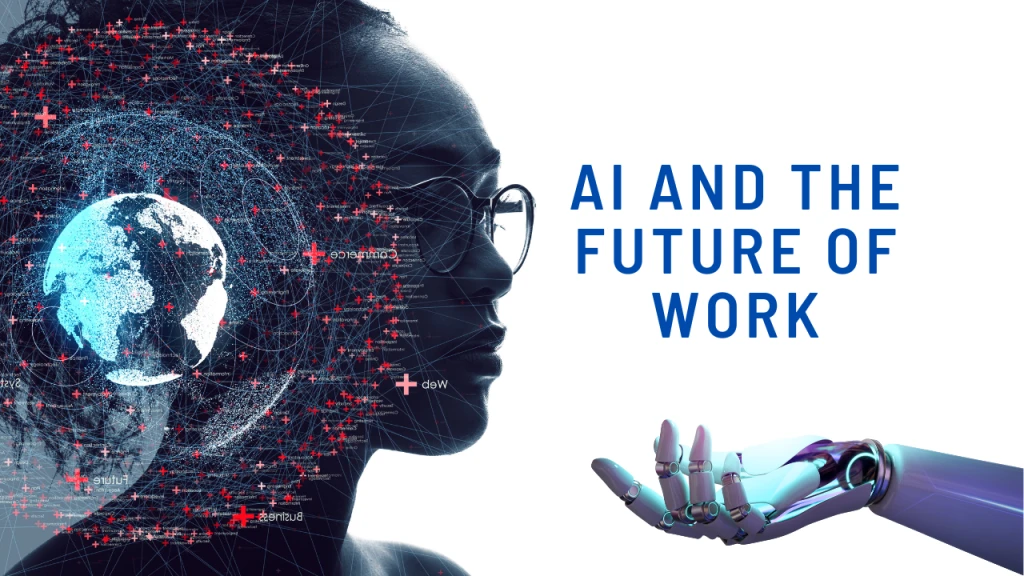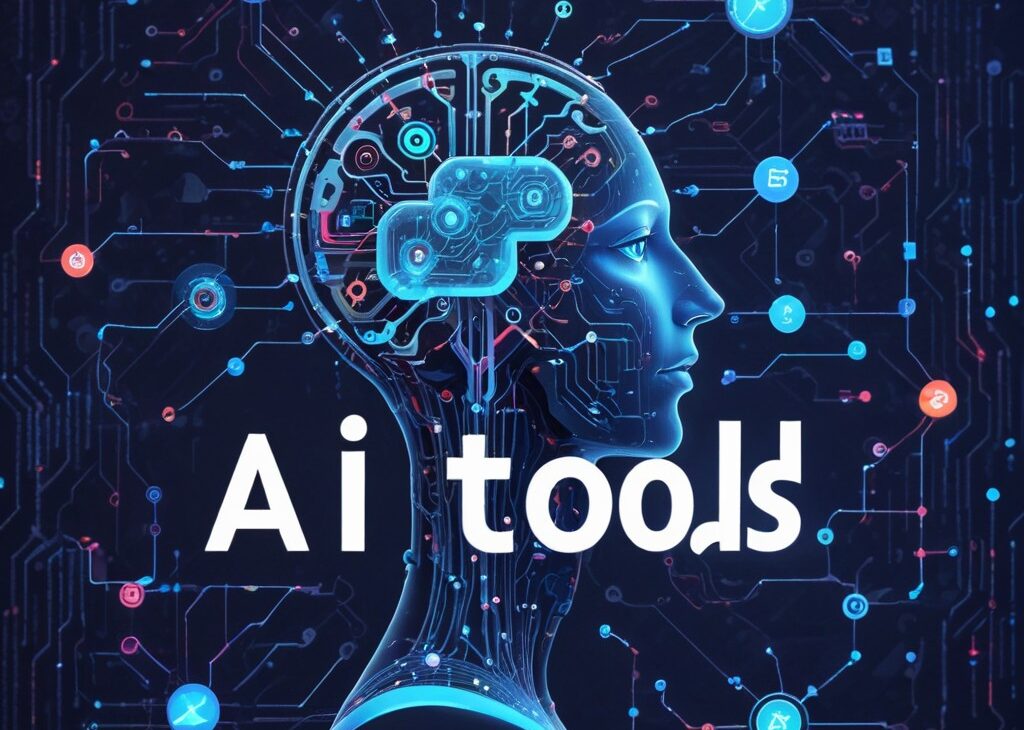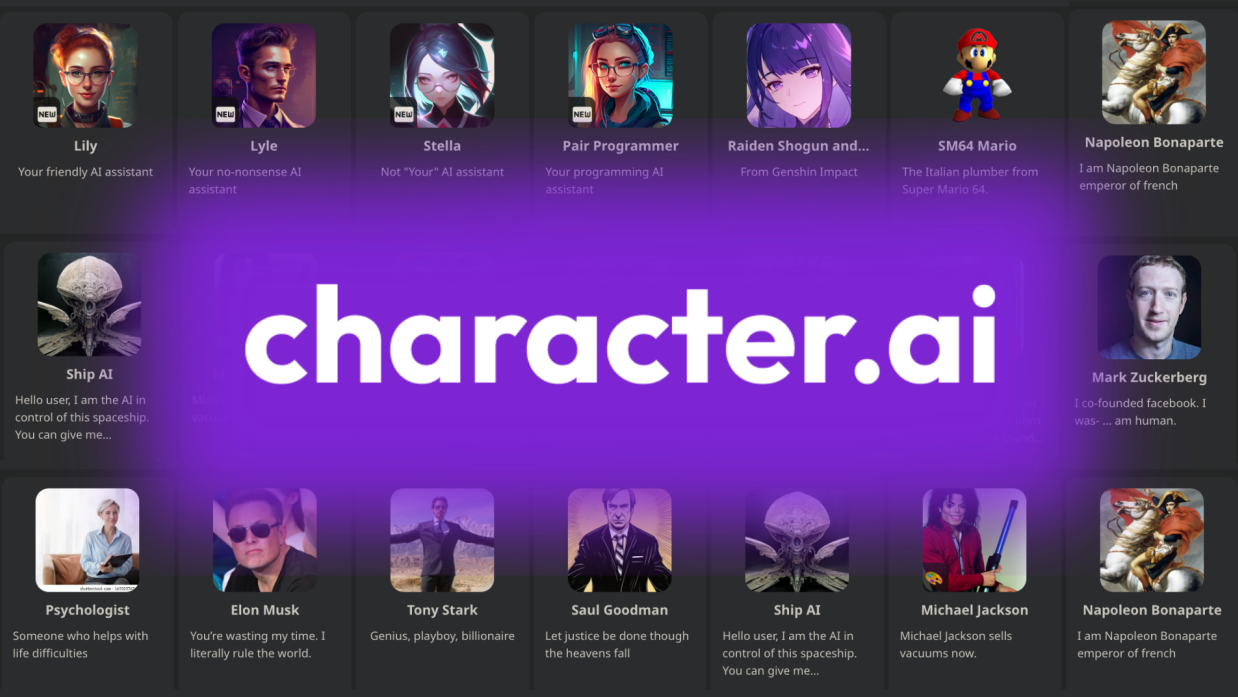Test AI on YOUR Website in 60 Seconds
See how our AI instantly analyzes your website and creates a personalized chatbot - without registration. Just enter your URL and watch it work!
1. Introduction: The Age of Autonomous AI Agents
As businesses integrate AI-driven automation at unprecedented levels, autonomous agents are reshaping industries, boosting efficiency, and unlocking new opportunities for economic growth. This blog explores their applications, challenges, and what the future holds for this rapidly advancing technology.
2. What Are Autonomous AI Agents?
Learn and Adapt: Continuously improve performance based on real-time feedback and past experiences.
Automate Complex Workflows: Perform tasks that traditionally required human cognition, such as customer service, data analysis, and financial trading.
Optimize Processes: Enhance efficiency by reducing errors, increasing speed, and minimizing costs.
Collaborate with Humans: Work alongside human employees to enhance productivity rather than replace human decision-making entirely.
3. How Autonomous AI Agents Are Revolutionizing Industries
Finance: AI-Driven Trading and Risk Management
AI-powered trading bots analyze market trends, execute trades in real time, and maximize investment returns.
Risk assessment models use AI agents to detect fraudulent transactions and financial anomalies.
AI-driven credit scoring improves loan approval processes by analyzing vast datasets in seconds.
Healthcare: Personalized Treatment and Medical Automation
AI-powered diagnostic tools assist doctors in identifying diseases with greater accuracy.
Autonomous agents optimize hospital resource allocation, scheduling, and patient monitoring.
AI-based drug discovery accelerates research, reducing the time needed to develop new medications.
Retail: Intelligent Customer Service and Inventory Management
AI chatbots provide instant, human-like customer support, resolving queries and personalizing recommendations.
Smart inventory management systems use AI agents to predict demand and optimize stock levels.
AI-driven recommendation engines enhance customer experience by suggesting products based on behavior and preferences.
Manufacturing: Smart Factories and Automated Production Lines
Autonomous AI-powered robots streamline production processes, improving speed and accuracy.
Predictive maintenance systems use AI to monitor equipment health and prevent downtime.
AI-driven supply chain optimization enhances logistics, reducing delays and costs.
Cybersecurity: AI-Powered Threat Detection
AI security agents detect and mitigate cyber threats in real-time, reducing risks of data breaches.
Autonomous fraud detection systems analyze patterns to identify and prevent suspicious activities.
AI-driven authentication enhances security through facial recognition, biometrics, and behavior analysis.
4. The Advantages of Autonomous AI Agents
Cost Efficiency: Automating repetitive tasks reduces operational costs and boosts profitability.
Enhanced Productivity: AI agents handle high-volume tasks quickly, allowing human employees to focus on strategic initiatives.
Scalability: Businesses can scale AI-powered operations effortlessly without hiring additional staff.
Improved Decision-Making: AI-driven insights provide accurate data analysis, leading to better business decisions.
24/7 Availability: Unlike human employees, AI agents operate continuously, ensuring seamless customer support and service.
5. Challenges and Ethical Considerations
Job Displacement Risks: Automation may replace certain jobs, requiring workforce reskilling and adaptation.
Bias in AI Models: Poorly trained AI models may exhibit biases, leading to unfair or inaccurate decisions.
Security Vulnerabilities: AI systems are susceptible to hacking and cyber threats if not properly secured.
Lack of Transparency: Some AI decision-making processes function as "black boxes," making it difficult to interpret or challenge outcomes.
Regulatory Concerns: Governments must establish ethical guidelines to ensure responsible AI deployment and prevent misuse.
6. The Future of Autonomous AI Agents
AI-Powered Virtual Employees: Digital AI agents capable of handling administrative tasks, project management, and customer engagement.
Advanced AI Collaboration with Humans: AI will work seamlessly alongside humans, augmenting skills rather than replacing them.
AI-Driven Decision Support Systems: AI agents will provide real-time data insights, improving high-stakes decision-making across industries.
Self-Evolving AI Models: Future AI agents will be capable of self-improvement, requiring minimal external updates or supervision.
Widespread AI Adoption: More industries will integrate autonomous agents, driving efficiency and transforming workflows worldwide.
7. Conclusion
As businesses and society adapt to AI-driven transformation, the key to success will be responsible AI development, ethical considerations, and ensuring that AI continues to serve humanity’s best interests.
